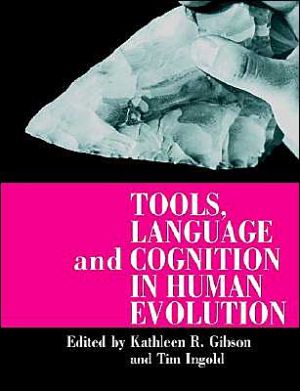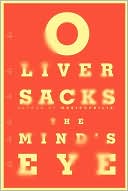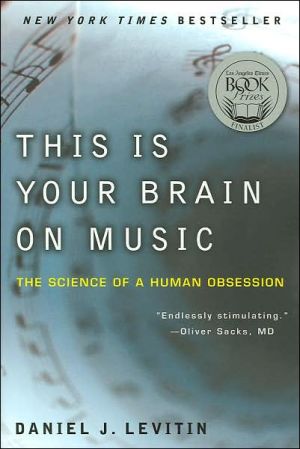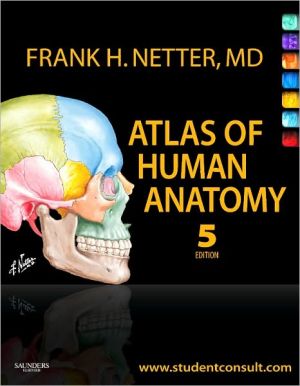Tools, Language and Cognition in Human Evolution
The question addressed by this volume is how human beings have evolved as creatures who can make and use more complex tools, communicate in more complex ways, and engage in more complex forms of social life, than any other species in the animal kingdom. The topics explored include the parallels among speech, manual gesture and other models of communication; a comparison of the tool-using skills and imitative abilities of humans and nonhuman primates; the neurological links among the cognitive...
Search in google:
Looks at how humans have evolved complex behaviours such as language and culture.
List of ContributorsPrefacePrologue1General introduction: Animal minds, human minds3A history of speculation on the relation between tools and language20Pt. IWord, sign and gesture33Introduction: Relations between visual-gestural and vocal-auditory modalities of communication351Human gesture432When does gesture become language? A study of gesture used as a primary communication system by deaf children of hearing parents633The emergence of language864A comparative approach to language parallels109Pt. IITechnological skills and associated social behaviors of the non-human primates129Introduction: Generative interplay between technical capacities, social relations, imitation and cognition1315Capuchin monkeys: A window into tool use in apes and humans1386The intelligent use of tools: Twenty propositions1517Aspects of transmission of tool-use in wild chimpanzees171Pt. IIIConnecting up the brain185Introduction: Overlapping neural control of language, gesture and tool-use1878Disorders of language and tool use: Neurological and cognitive links1939Sex differences in visuospatial skills: Implications for hominid evolution21610The unitary hypothesis: A common neural circuitry for novel manipulations, language plan-ahead, and throwing?23011Tool use language and social behavior in relationship to information processing capacities251Pt. IVPerspectives on development271Introduction: Beyond neoteny and recapitulation: New approaches to the evolution of cognitive development27312Human language development and object manipulation: Their relation in ontogeny and its possible relevance for phylogenetic questions27913Comparative cognitive development30014Higher intelligence propositional language, and culture as adaptations for planning314Pt. VArchaeological and anthropological perspectives335Introduction: Tools, techniques and technology33715Early stone industries and inferences regarding language and cognition34616Tools and language in human evolution36317Layers of thinking in tool behavior38918The complementation theory of language and tool use40719Tool-use, sociality and intelligence429Epilogue447Technology, language, intelligence: reconsideration of basic concepts449Index473








